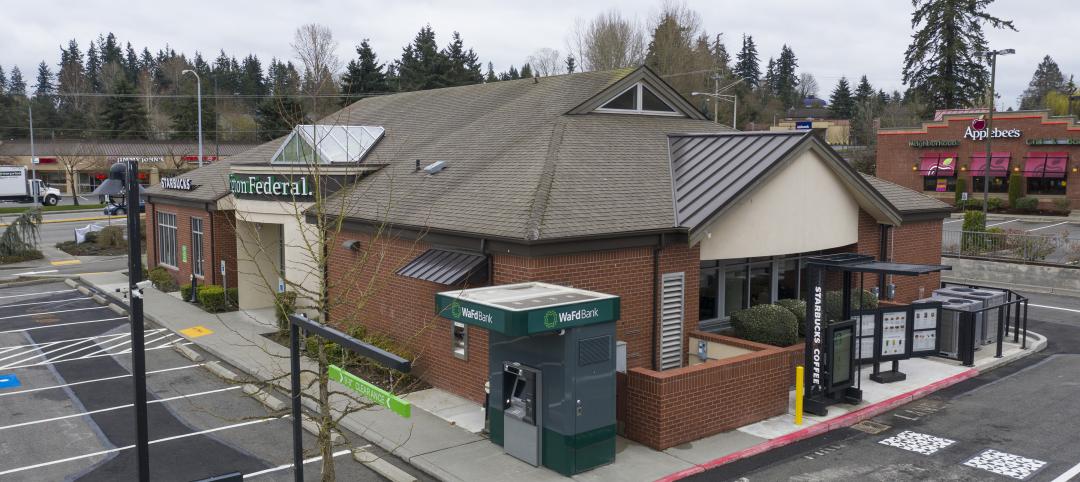Two years ago, a plan to create a smart city project along Toronto’s waterfront was unveiled with great fanfare.
Since then, the proposal, spearheaded by Sidewalk Labs, a subsidiary of Alphabet (Google’s parent company) has prompted extensive public criticism and a lawsuit by the Canadian Civil Liberties Association over data privacy and misuse concerns. The ambitious project was conceived as a showcase for the latest smart city technologies.
The project is to be centered on sustainable and safe transportation systems, and efficient and affordable housing. Technology such as “adaptive traffic lights” would prioritize cyclists and pedestrians and study the possibility of autonomous transit options. Innovative building materials and new occupancy models, like “co-housing”, would offer green, reasonably-priced housing.
With sensors tracking people and vehicles sprinkled throughout the development, privacy rights advocates are concerned that the data could be used for surveillance and discourage people to exercise free speech rights. It didn’t help that at public hearings Sidewalk Labs seemed unable to spell out where this data would be stored and how it would be used.
The company also presented a greatly expanded scope of the proposal from the original 12 acres to a 190-acre area at a public meeting, perhaps misreading the intent of the agreement with the city. These issues have caused delays to the project, but Waterfront Toronto, the city group overseeing it, recently voted to go forward with the 12-acre development.
Other smart city projects around the globe, including in South Korea and India, have been also been plagued by delays and controversies. These challenges indicate that making cities smarter will not be easy.
Related Stories
Codes and Standards | Apr 23, 2020
COVID-19 epidemic demonstrates value of flexible hospital space
Some rooms being repurposed for ICU care.
Codes and Standards | Apr 15, 2020
Embodied carbon footprint can be reduced by using conventional materials
High-SCM concrete, and cellulose and wood fiber insulation among the greener alternatives.
Coronavirus | Apr 13, 2020
COVID-19 alert: City conducts a 'virtual building inspection' to allow Starbucks and bank to open
Bothell, Wash., issues a certificate of occupancy to developer after inspecting the property online.
Codes and Standards | Apr 13, 2020
Design competition focuses on reducing urban heat island effect
Cool Abu Dhabi aims to transform urban life in the Middle East.
Codes and Standards | Apr 13, 2020
What building science says about reducing COVID-19 transmission
Impact of temperature and relative humidity is unclear.
Codes and Standards | Apr 9, 2020
Owners retrofitting properties, monitoring performance during epidemic
Covid-19 outbreak may lead employers to reevaluate office commitments.
Codes and Standards | Apr 7, 2020
Dept. of Labor publishes guidance on paid sick leave, expanded family and medical leave
Includes fact sheets for employees, employers, and a questions and answers document.
Codes and Standards | Apr 1, 2020
Standards and codes meetings halted, postponed
ASTM International cancels in-person standards meetings; DOE’s National Energy Codes Conference postponed.
Codes and Standards | Mar 26, 2020
Ransomware attack on Canadian contractor underscores need for cybersecurity
Victimized company Bird Construction has defense, law enforcement contracts.
Codes and Standards | Mar 23, 2020
Contractors should scrutinize contracts carefully amid Covid-19 crisis
Compliance with time-sensitive notice requirements and careful documentation required.

















